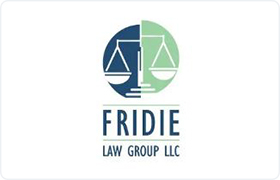Richwood Divorce & Family Law Lawyer, New Jersey
Sponsored Law Firm
-
 x
x

Click For More Info:
-
Fridie Law Group L.L.C.
101 Route 130 Suite 306, Madison Building Cinnaminson, NJ 08077» view mapDivorce & Family Law We Fight For Your Rights
Reach out to us today for legal help on your case. We're available for free consultations and return all calls and emails within 24 hours.
800-859-9690
Marianne Rebel Brown
✓ VERIFIEDDivorce & Family Law, Wills & Probate, Social Security, Accident & Injury, Real Estate
We are primarily a family law firm providing a full range of representation in Family Law Matters including divorce, child support, civil union dissol... (more)
Richard Joseph Cogan
Estate Planning, Wills & Probate, Divorce & Family Law, Bankruptcy & Debt, Business Organization
Status: In Good Standing
FREE CONSULTATION
CONTACTRocco C. Cipparone
Child Custody, Divorce & Family Law, White Collar Crime, Criminal, Accident & Injury
Status: In Good Standing
Ekaterine N. Eleftheriou
Motor Vehicle, Child Custody, Civil & Human Rights, Car Accident
Status: In Good Standing Licensed: 22 Years
 James Fridie Cinnaminson, NJ
James Fridie Cinnaminson, NJ Practice AreasExpertise
Practice AreasExpertise

